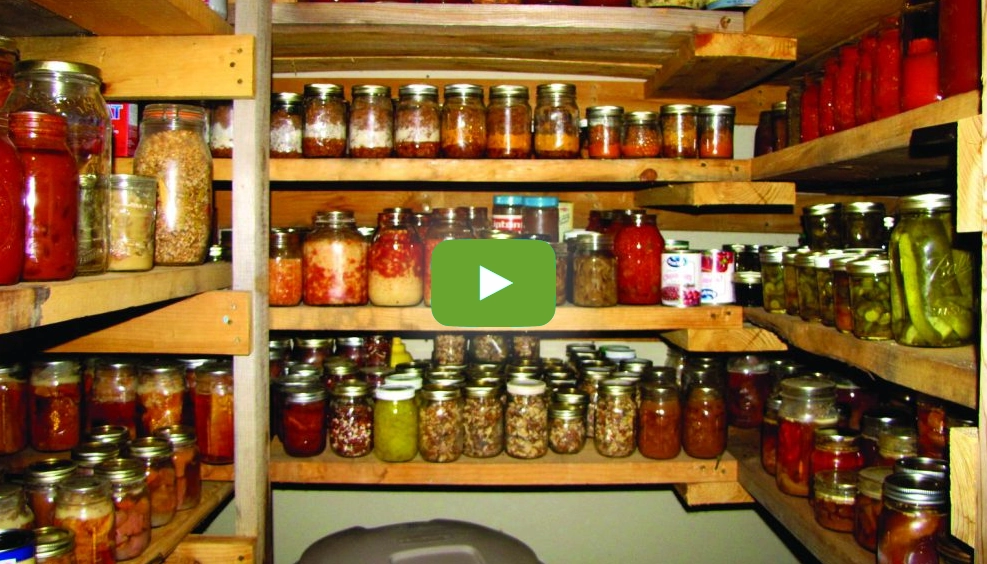In a world of unending innovation, where the average person might soon find bugs or lab-crafted “meat” on their dinner plate, an alarming revelation has surfaced. The United States Department of Agriculture (USDA) has just given its green light to the sale of lab-grown “chicken.”
Produced by the trailblazing companies Upside and Good Meat, this novel substance destined for high-end eateries isn’t merely a culinary experiment. It signals a potential shift in the food industry, a movement determined to change the way the world consumes protein. This is alarming since global consumers, for the most part, seem rather indifferent to these protein alternatives, maintaining their fondness for traditional meat.
It seems appropriate to begin by unravelling the enigma of this lab-produced “meat.” Known commercially as “cell-cultivated,” this highly processed substitute seeks to replicate the flavor and consistency of genuine meat. Supporters herald it as a savior of the environment and a panacea for animal cruelty. But beneath this ostensible utopia, a complex reality unfolds.
To fabricate this meat, scientists extract cell samples from either living creatures or established cell lines. These cells are immersed in a concoction of amino acids, sugars, salts, and other substances that facilitate their multiplication. Approximately three weeks later, muscle tissues develop in fermentation tanks, becoming the raw material for meat-like dishes.
However, this is no vegan miracle. Animal cells are being manipulated to reproduce, and fetal bovine serum (FBS) is a critical ingredient in these products’ production. Derived from the blood of calf fetuses obtained from slaughtered pregnant cows, FBS is anything but vegan-friendly or humane.

Further, the culture medium nurturing these cells contains corn and soy-derived sugars and amino acids, major products of large-scale monocultures notorious for their environmental implications. Add to this the vast energy and infrastructure required for production, and the carbon footprint of cell-cultivated meat surpasses that of any conventional livestock system.
Proponents assert that this lab-grown “meat” champions ethics, but this notion is dubious at best. A small-scale farmer who raises free-range chickens for personal consumption, takes umbrage at the comparison. He insists that it is misleading, even preposterous, to deem industrial-scale, lab-produced food as ethically superior to organically raised poultry from a small farm.
His birds, raised in his backyard and fed with locally sourced food, leave a negligible carbon footprint compared to the energy-hungry industrial process of lab-grown “meat.” And he’s confident that his chickens taste far superior too.
The pressing question remains: why the fervent advocacy for lab-grown “meat,” particularly when global consumers remain skeptical? The answer may lie in an orchestrated attempt to marginalize conventional farmers and ranchers, thereby monopolizing the food industry. This tactic mirrors the rhetoric of the climate movement, whose zealous activists often lack a genuine connection with nature.
These activists, prone to emotional responses to the realities of traditional meat production, seem unperturbed by the use of FBS in lab-grown “meat,” promising that an ethical alternative is just around the corner. However, the secrecy surrounding these high-tech formulations makes it hard to decipher the truth. These production facilities are sophisticated and costly, and scaling up to match the current demand for chicken appears fanciful at best.
WARNING: Scientific Research – Green Veggie Causing Type 2 Diabetes In Millions
The recent approval of cell-cultivated chicken points to a concerning trend of disregarding consumer preferences in favor of ESG scores that attract hefty investor capital. This so-called ‘kamikaze marketing‘ tactic is not exclusive to the food industry.
The rapidly approaching 2030 deadline and the World Economic Forum’s goal to nudge meat off the menu suggest that engineered food could be a stepping stone to a world where people own nothing and are ironically happy about it. This move towards cell-cultivated meat illustrates a larger corporate plan that discounts consumer preferences.
It’s hard to believe that cell-cultivated chicken would appeal to anyone familiar with farm life, with raising chickens, or relishing home-raised meat. Such an alternative would likely find traction among city-dwellers, those disconnected from farm realities, who imagine farms as vast monocultures and slaughtering houses.
However, farmland encapsulates more than just that. The author recounts his survey travels through the Midwest, Gulf Coast, and Western Rockies, reminiscing about the beautiful dawn grazing cattle and the amusing chicken chases. These are elements that add to nature’s allure, not subtract from it.
As the curtain lifts on cell-cultured chicken, it’s more critical than ever for meat-lovers to seek independent food suppliers or, better yet, learn to raise their own meat.
In an era where there’s an aggressive push to eliminate traditional animal husbandry, the call to self-sufficiency has never been more significant.
Regardless of one’s upbringing, there’s ample advice available for those eager to connect with their food supply.
The time to learn is now.






